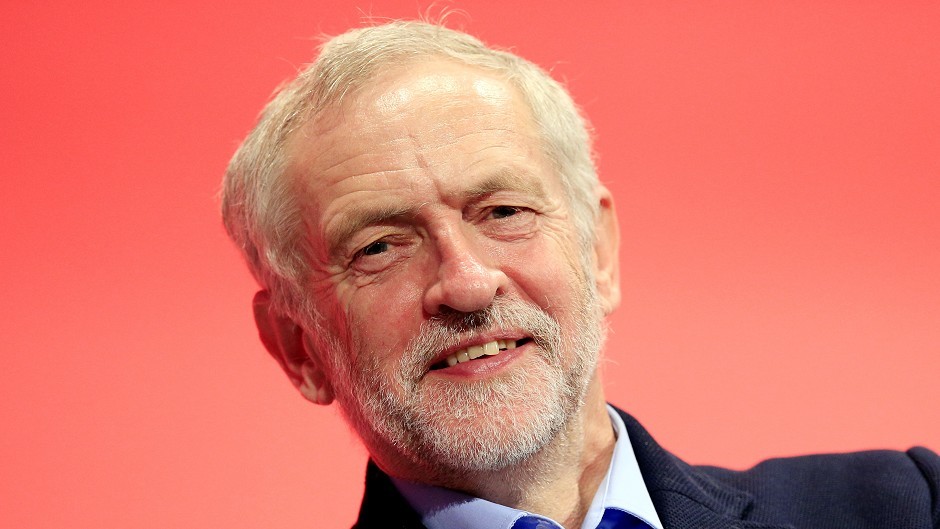The new shadow energy secretary has put the brakes on proposals previously backed by Jeremy Corbyn to nationalise the country’s Big Six suppliers.
Lisa Nandy confirmed Labour would “democratise” rather than nationalise the sector.
On the leadership campaign trail, Mr Corbyn advocated bringing the firms and the national grid under public control.
But yesterday, Ms Nandy told activists at the party conference: “Jeremy and I don’t want to nationalise energy.
“We want to do something far more radical. We want to democratise it.”
She set out proposals, similar to a system in Germany, for publicly-owned power stations as she called for a “clean energy boom” in cities.
The Wigan MP said: “There should be nothing to stop every community in this country owning its own clean energy power station.
“With the right support, community-based energy companies and co-operatives could be a new powerhouse, building us a path to a more secure energy future.
“Our city and county regions can lead the world. They can point the way towards a safer, brighter, more secure future, to be that light on the hill for all of us who care about the cost of our energy – to our family budgets, our businesses and our environment.
“Let’s not wait for this government, because let’s face it, we’d be waiting forever. Let’s seize the initiative and put power back into our own hands.”
Under the proposals local communities would be given the opportunity to set up their power plant or take over existing renewables facilities.
Ms Nandy also described the transition to clean energy as “one of the biggest challenges” the country has ever faced.
She compared it in scale to the industrial revolution and added: “It requires the same shared determination and collective will to act that helped us to rebuild Britain after the war.”
She warned the Tories’ energy policy was putting the UK’s economic security at risk, as well as the security of household budgets.
